Émile Zola
In 1880, Émile Zola was already an established and influential figure in French literature, known for his works of naturalism, a literary movement that sought to depict life with scientific accuracy and explore the effects of environment and heredity on human behavior.
Born in 1840, Zola had spent the previous decades developing a reputation as a writer, journalist, and social critic. By 1880, he had already published many of his most famous works, including Thérèse Raquin (1867), which was one of his earliest naturalist novels, and The Rougon-Macquart series, a monumental work of 20 novels that explored the lives of a fictional family and the social, political, and economic conditions of 19th-century France. This series is considered his magnum opus, with each book focusing on different aspects of French society.
In 1880, Zola was particularly well-known for his involvement in social and political matters. He had gained prominence for his outspoken stance on the Dreyfus Affair, a political scandal involving the wrongful conviction of Captain Alfred Dreyfus, a Jewish officer in the French army who was accused of treason. Zola would later play a key role in defending Dreyfus, writing his famous open letter J'Accuse…! in 1898, which denounced the injustice and corruption of the French military and judicial system. However, in 1880, the Dreyfus Affair had not yet come to a head, and Zola was primarily focused on his literary career.
During this period, Zola was living in Paris, where he was deeply involved in the literary and intellectual circles of the time. He was also a supporter of the republican movement, which sought to establish a more democratic France, in contrast to the monarchy and imperialism that had dominated the country in the previous decades. Zola's writing often reflected his interest in social issues, including poverty, class struggle, and the impact of industrialization.
In 1880, Zola's personal and professional life was flourishing. He had married his wife, Alexandrine, in 1870, and they lived a comfortable life in Paris. His work was being well-received, and he was gaining recognition both in France and internationally. However, his success as a writer did not shield him from controversy, as his naturalist approach to writing and his candid depictions of human nature were often criticized by conservative critics and religious authorities.
Overall, 1880 marked a period of significant professional achievement for Émile Zola, as he continued to establish himself as one of the leading figures in French literature. His commitment to social justice and his bold, often provocative writing would continue to shape his career and influence the course of French literature and political thought.
Comments
Contributed by

OldPik
January 7, 2024
Source
External link to sourceHave old photos?
Share your historical photographs and help preserve our collective memory.
Upload pictures

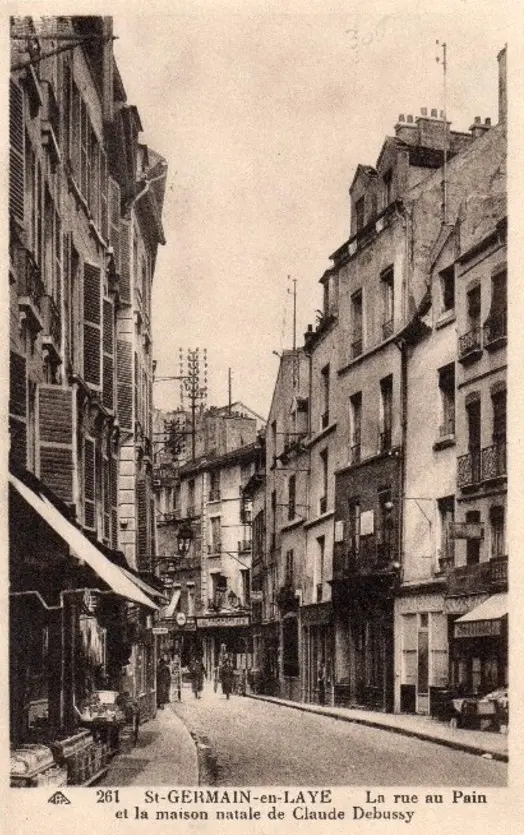
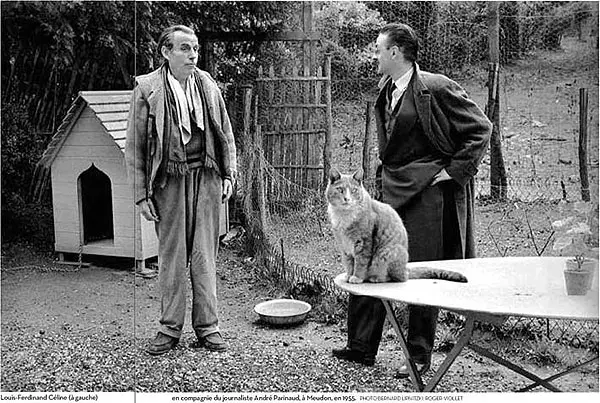

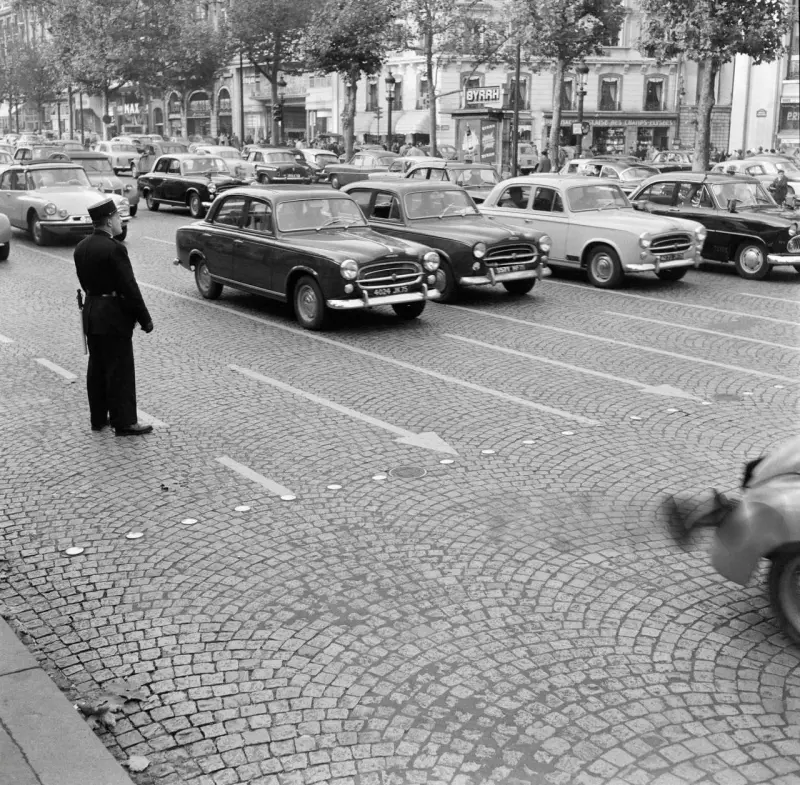
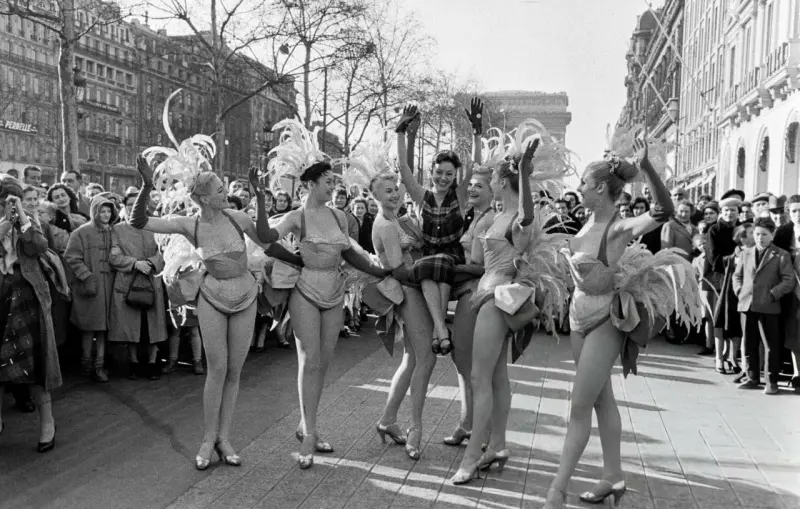
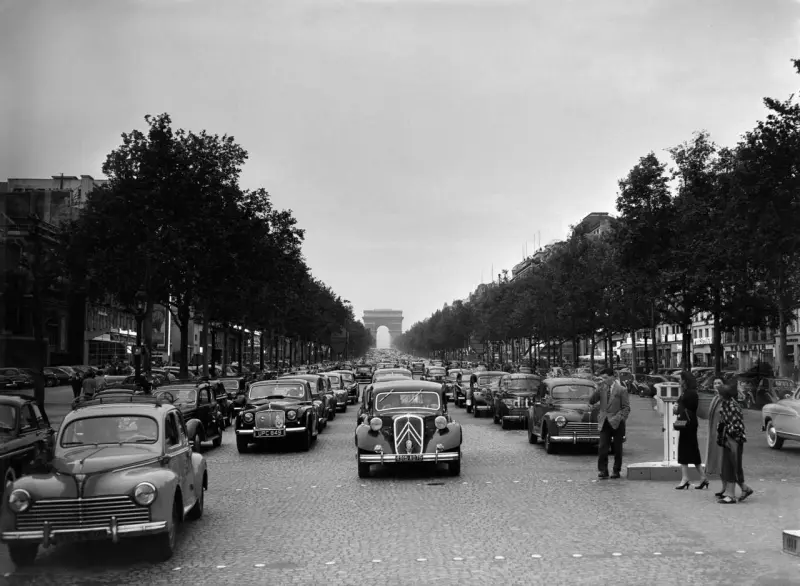
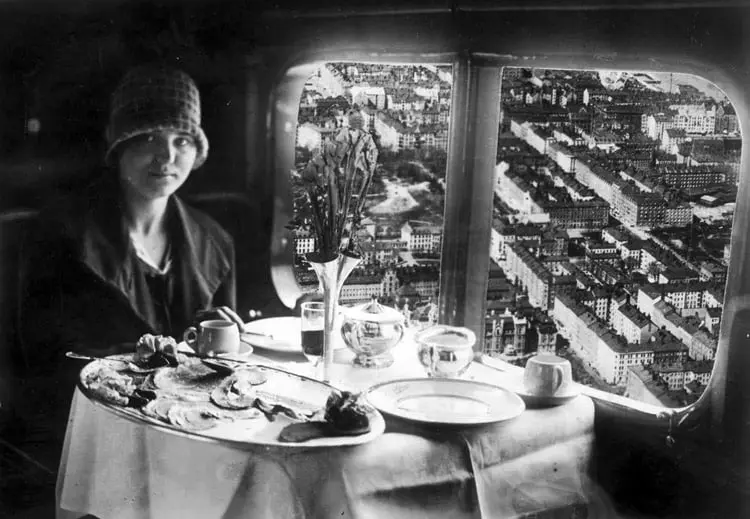
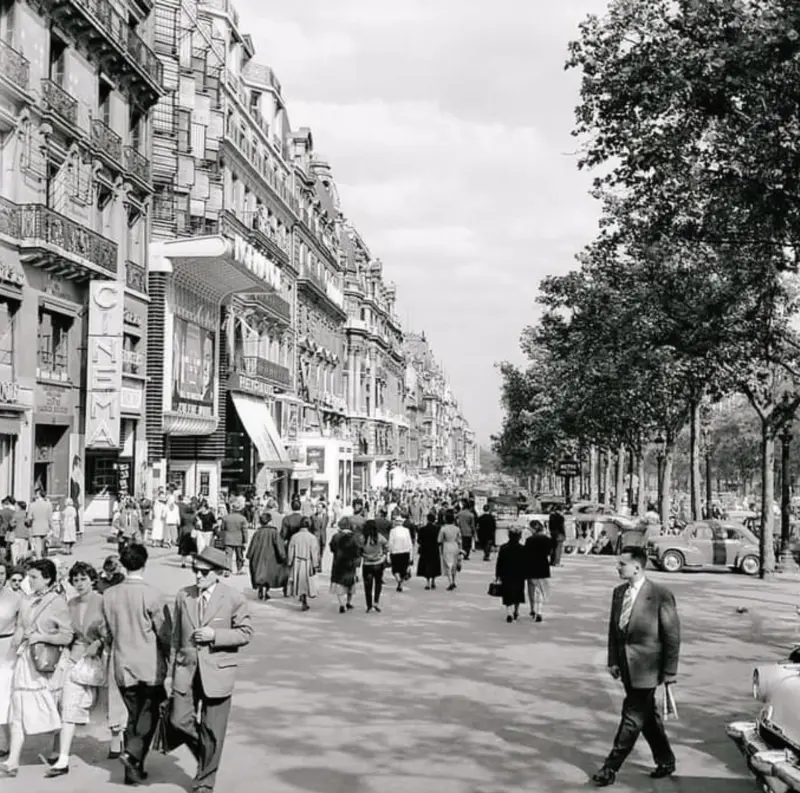
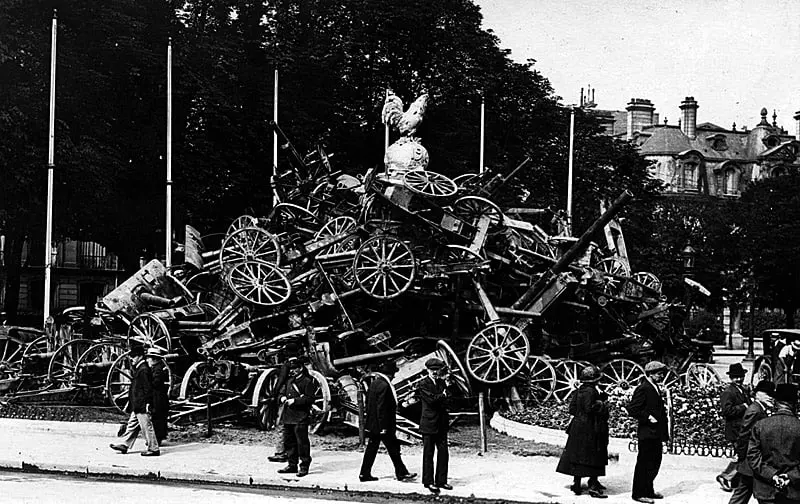
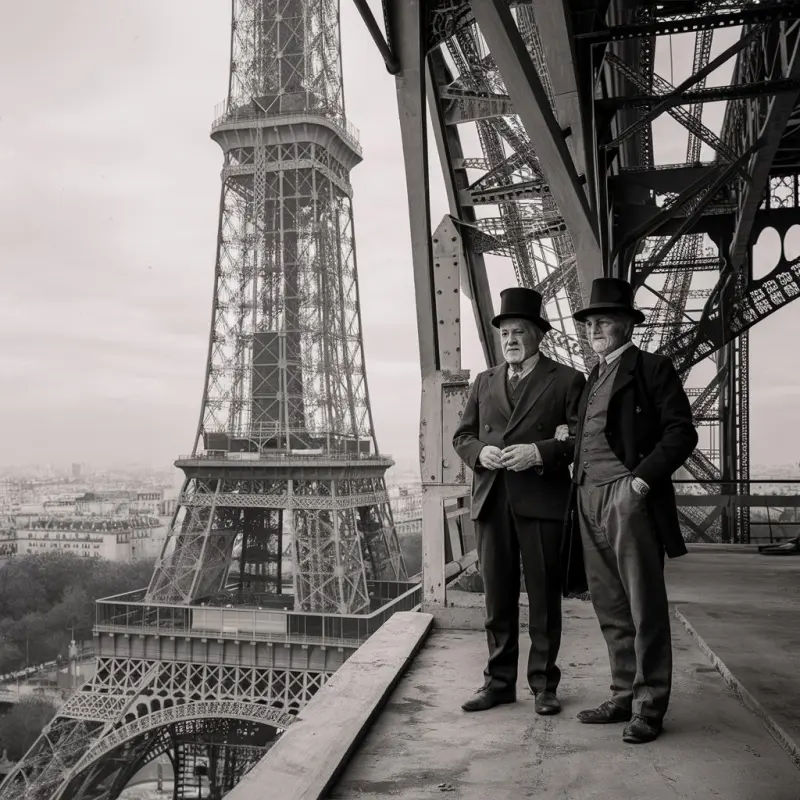
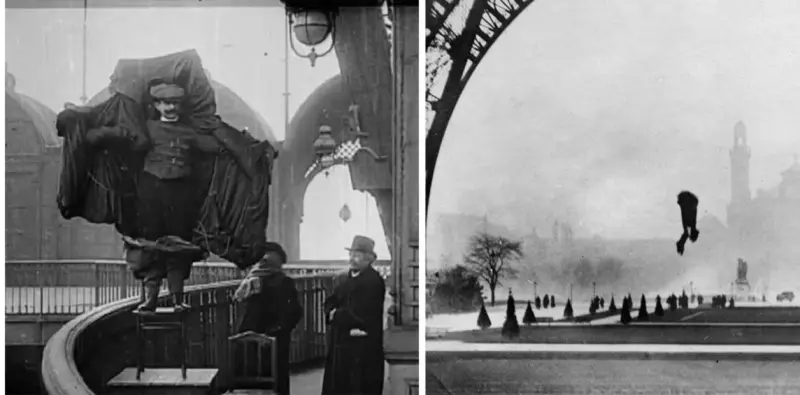
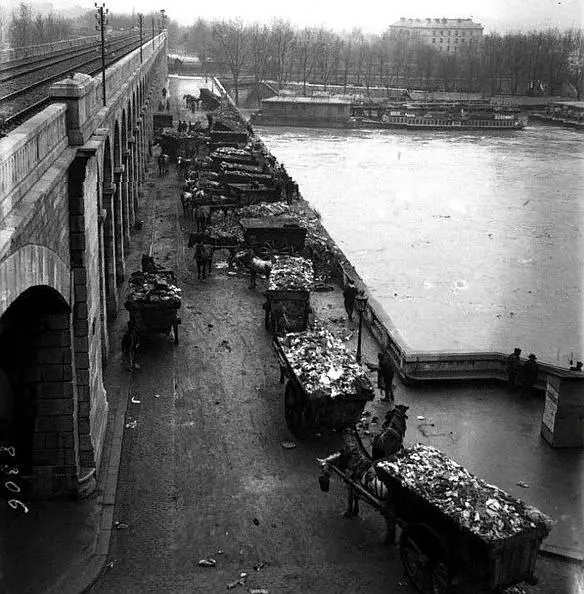
No comment yet, be the first to comment...